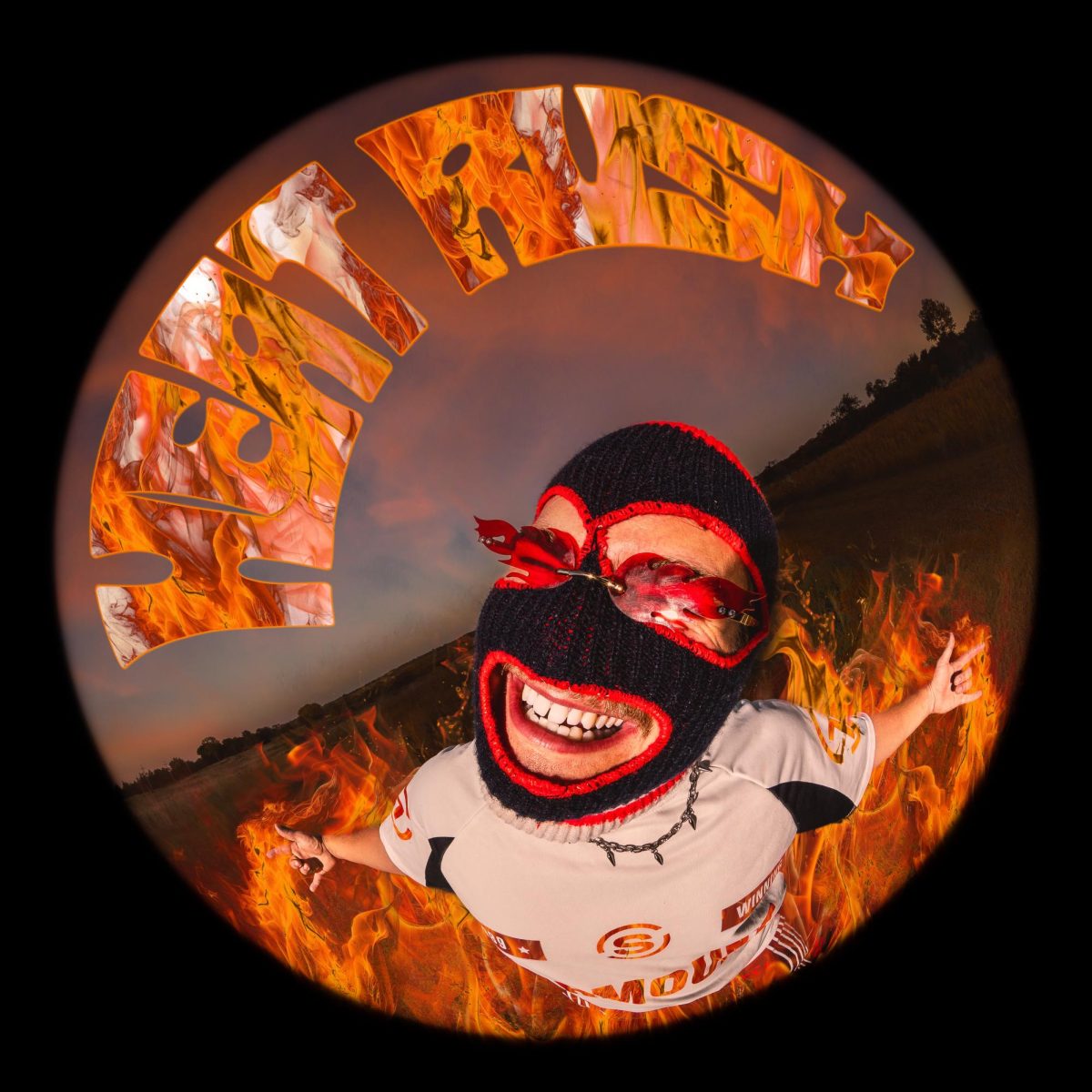
At a time when the chilled out, gangster-rap of the West Coast dominated the mainstream hip hop scene, Wu-Tang swarmed in with the gritty, Brooklyn originating sound in their debut 1993 album Enter the Wu-Tang (36 Chamber), which became the blueprint for hardcore hip-hop to come, bringing New York hip hop back to prominence.
The origins of the clan began with the de-facto leader of the group; the foreword thinking Robert Diggs, later known as RZA. Robert and his cousins Gary Grice (GZA), and Russell Jones (Ol’ Dirty Bastard) formed a group named Force of the Imperial Master, also known as the “All in Together Now Crew.” Each member recorded under a moniker: Grice as The Genius, Diggs as Prince Rakeem or The Scientist, and Jones as The Specialist. After catching the attention of Biz Markie, each rapper released some individual music, but had little success until changing their aliases and reforming as a group. RZA began to collaborate with Ghostface Killah, and the duo decided to create a group whose ethos would be based upon the Asian philosophy they picked up from Kung-Fu movies combined with the grittiness of the streets of New York. Thus, Wu-Tang Clan was born.
 Recorded on cheap equipment, the minimalist production of 36 Chambers gives the sound a “street” quality that makes this album stand out amongst the jazzed-out, James Brown beats found in West Coast style. This record almost sounds dirty; the drums have heavy bass which hit the listener, harder than the crisp sounds of West Coast rap. The kung-fu samples have an eerie echo, and the aggressive vocals match this production perfectly. Perhaps one of the most unique elements of Wu-Tang’s sound is found in their lyrics. This album just feels like you’re listening to a rap battle, because, essentially, you are. RZA made the decision to have all 9 members’ battle to see who would be featured in songs. While some may argue that there is hype missing in production value, the innovative and unique sound brings forth a style that represents NYC street life.
Recorded on cheap equipment, the minimalist production of 36 Chambers gives the sound a “street” quality that makes this album stand out amongst the jazzed-out, James Brown beats found in West Coast style. This record almost sounds dirty; the drums have heavy bass which hit the listener, harder than the crisp sounds of West Coast rap. The kung-fu samples have an eerie echo, and the aggressive vocals match this production perfectly. Perhaps one of the most unique elements of Wu-Tang’s sound is found in their lyrics. This album just feels like you’re listening to a rap battle, because, essentially, you are. RZA made the decision to have all 9 members’ battle to see who would be featured in songs. While some may argue that there is hype missing in production value, the innovative and unique sound brings forth a style that represents NYC street life.
The harsh atmosphere of the streets of New York is revealed through each members’ originality and aggression within their rhymes. Witty insults, dark humor, and comic book-like violence make up most of the verses, with each featured rapper bringing forth so much competitiveness and energy, making this album simply fun to listen to. Although there are 9 members in the clan, each has such a noticeable distinct style. Beginning with RZA’s hard-hitting chorus in “Bring the Ruckus,” the combination of kung-fu samples and group chanting set the aggressive feel for the whole album. Tracks like “Protect Ya Neck” and “Clan in da Front” rely on more rap-battle like insults and aggression (“I come sharp as a blade and I cut you slow / You becomes so Pat as my style increases / What’s that in your pants ahhh human feces!”). On the other hand, “Tearz” and “C.R.E.A.M.” are more laid-back, filled with testimony about the struggles of street life; gang violence, drug addiction and AIDS (“I picked him up / then I held him by his head / His eyes shut / that’s when I knew he was / ahh, man / how do I say goodbye?”).
These tracks are heavy, but at the same time catchy enough to earn them such great commercial success. Method Man’s showcase track has an unforgettably dark yet hilarious intro about torture – probably one of my favorite moments in the whole album (“Put a hanger on a fucking stove and let that shit sit there for like a half hour / Take it off and stick it in your ass slow like- Tssssssssalong”) along with the vicious feel that comes in “Da Mystery Of Chessboxin’,” where ODB’s strange, off-key singing and style really represents the originality of the group.
Wu-Tang’s gritty aggression, rap-battle like sound, and low-key production are the qualities of an instant classic. They not only brought New York hip hop back into relevance, but they paved the way for a flurry of East Coast rappers – The Notorious B.I.G. Mobb Deep and Jay-Z. Wu-Tang’s legacy has been relevant and influential for over 20 years, and will probably be this way for the next 20.
 Olivia is a freshman journalism major from St. Louis who doesn’t go a day without listening to music. She enjoys making bad jokes, quoting Quentin Tarantino movies, and eating pizza.
Olivia is a freshman journalism major from St. Louis who doesn’t go a day without listening to music. She enjoys making bad jokes, quoting Quentin Tarantino movies, and eating pizza.





